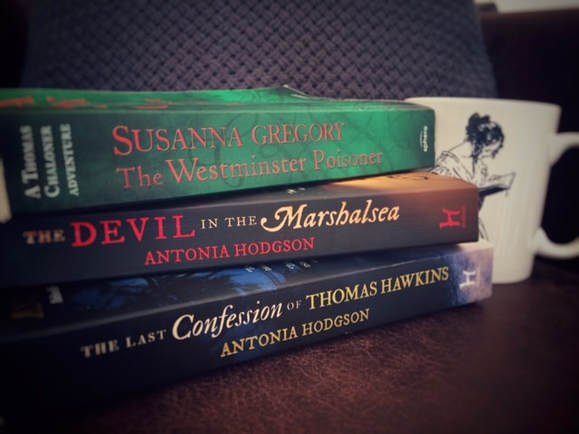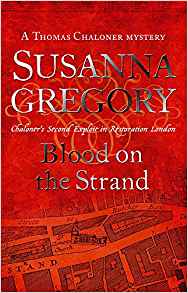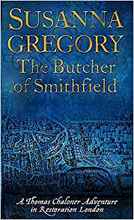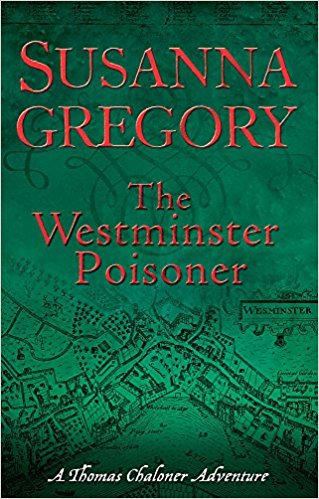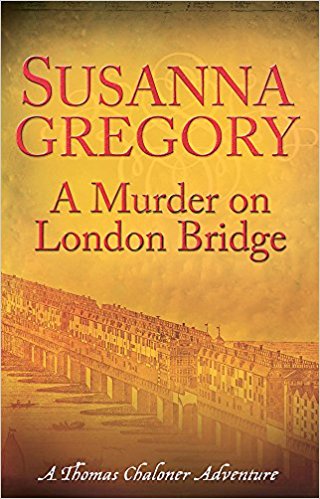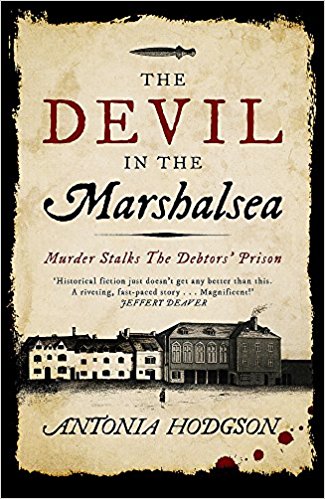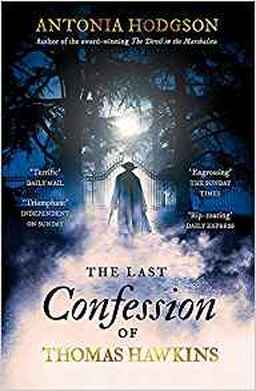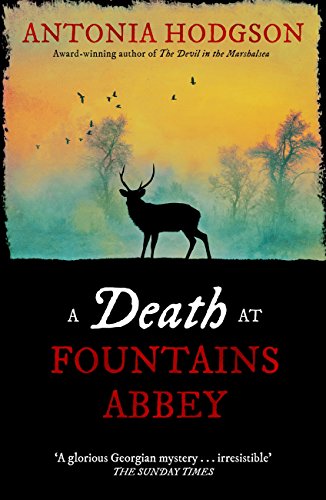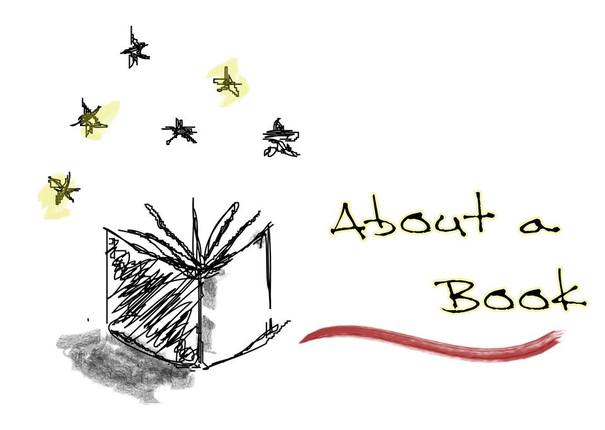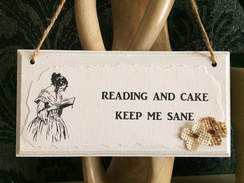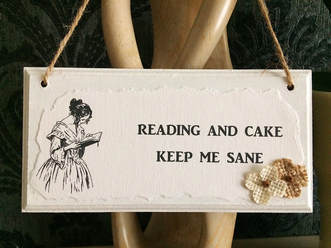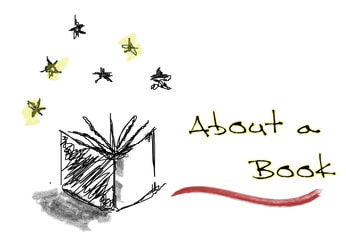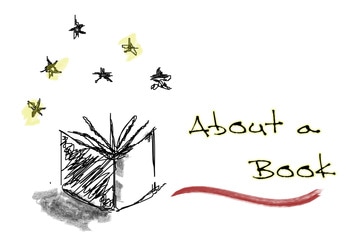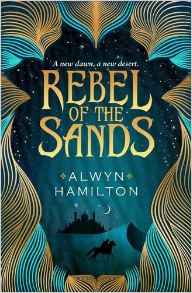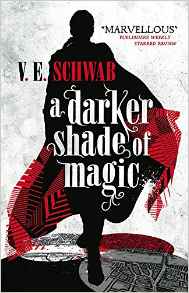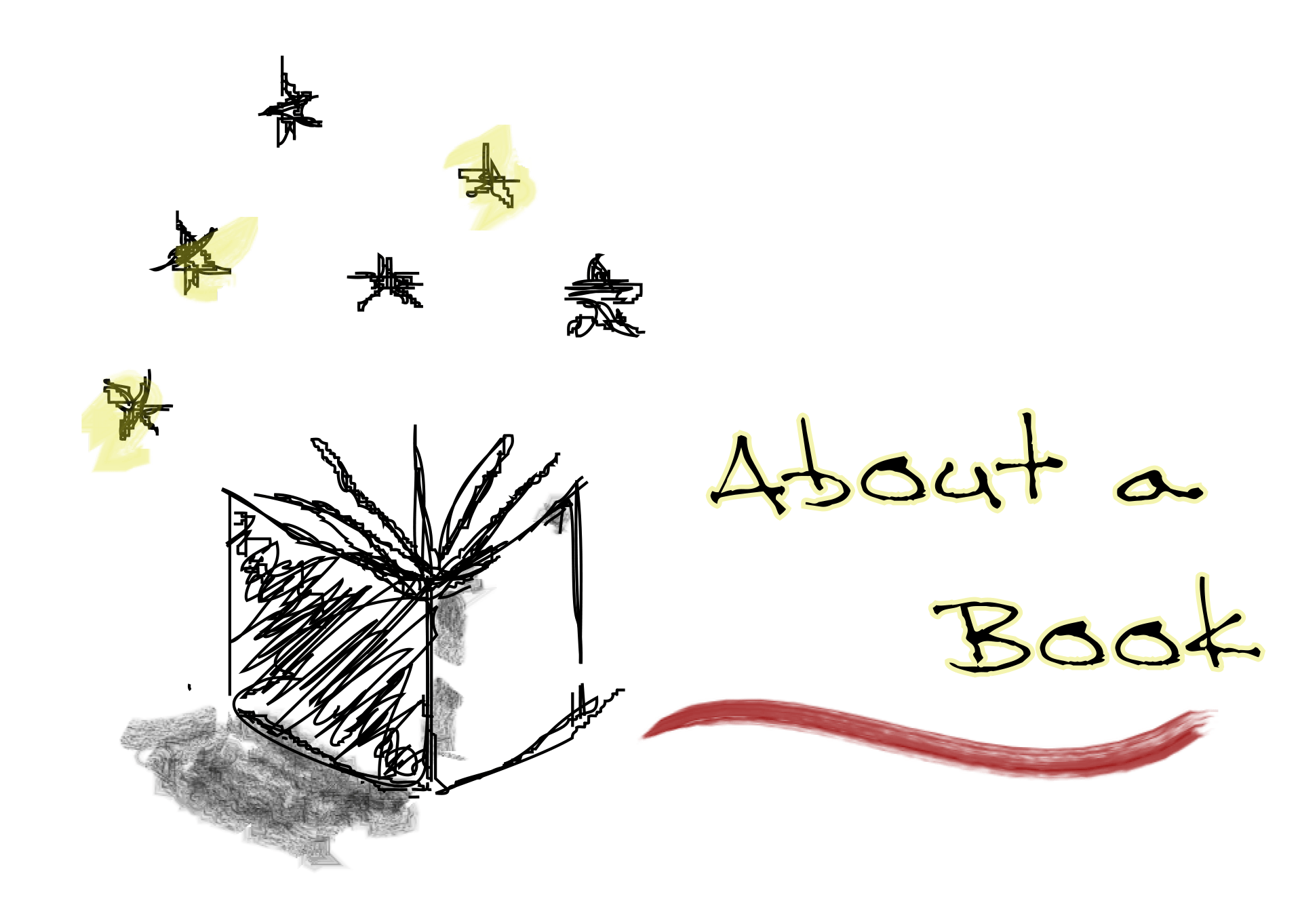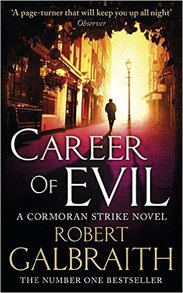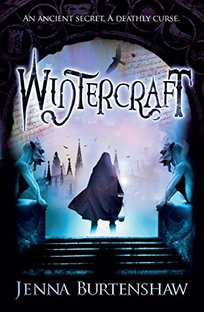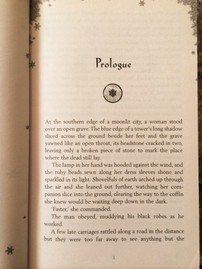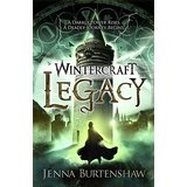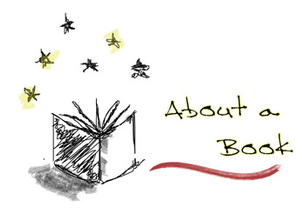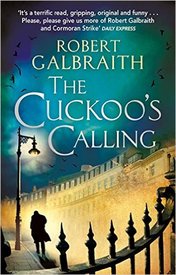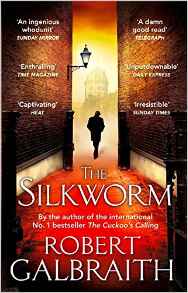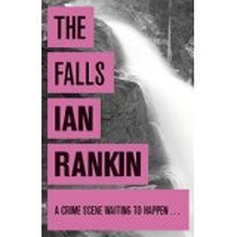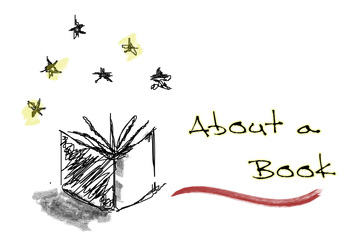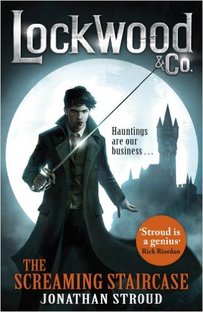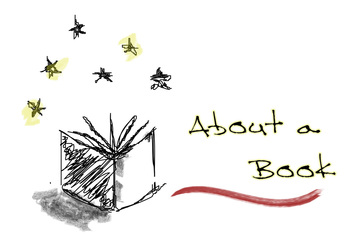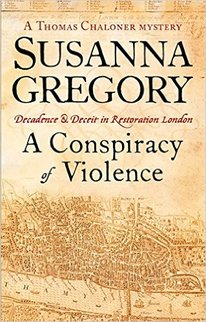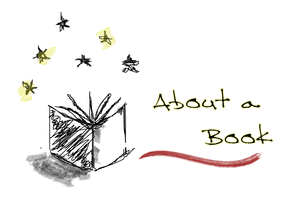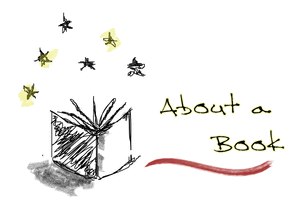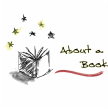|
So this little blog has been abandoned lately. I've had good reason but I'm back now and want to breathe new life into it. Give it a Spring clean. Get going again. And I'm going to start off with a look at what I've been reading since my last post. For a while I was reading books, novels mostly, which I just didn't like very much. I began to think I'd lost my love of reading. I was wondering whether my efforts in learning how to construct a story had resulted in me subconsciously deconstructing and evaluating everything I was reading. It was annoying and upsetting as reading has always been a safe haven for me. Something I could always rely on to distract and absorb me for a while. And if I ate a box of chocolates at the same time, what of it? I gave it some thought and carefully put together a Christmas wish list of books I had wanted to read for a while but hadn't got around to. I also bought myself three novels and, by January, I had a new pile of books to read. Fortunately, they got me going again. My interests and genres are varied but I decided to largely go with historical mysteries. I missed that feeling of devouring a series by the same author, the excitement of reading a book where I was already attached to the characters or the period and so didn't need to put in as much effort upfront. And it worked. I've read more than I had in the months before and, most importantly, I'm enjoying it again. So here are the books that got my reading mojo back for me: 1. The Thomas Chaloner series set in Restoration London (circa 1660's) by Susannah Gregory I LOVE this series. The books featured above are numbers 2-5. I read the first one, 'A Conspiracy of Violence' at the end of 2015 and my review can be found here: http://bit.ly/2Hvd4I6. Each book has a complex mystery, or series of mysteries which generally come together, at its heart. The regular characters are all there and are developed a little as each book goes by. My favourite relationship is between the main character, Thomas Chaloner, and his ex-boss, Thurloe, who used to be spymaster for the previous regime of Oliver Cromwell. They try to remain friends even when their interests are not aligned. Each time I pick up one of these books I know I am in capable hands. The writing style is accomplished yet accessible and I am quickly drawn in to the period in which the stories are set. I find them absorbing and satisfying, The books do have a large cast of characters and it can sometimes be difficult to keep track of everyone, particularly if there is a gap when you put the book down and don't return to it for a while. Also the pace does not race along, but neither does it drag and I see this as a major advantage of the series. The pace allows the reader to dally just long enough in the details of everyday life of the period, (wonderfully brought to life by the writer) without hampering the plot. It's a fine balance - drag and you lose the reader, dash along and you lose the atmosphere. For me, it is handled beautifully. There are 12 books in this series and I can't wait to read them all. Oh - and they have maps! For more of a flavour, head over to the author's website where she sets out each title in order and gives plot teasers: https://www.susannagregory.com/thomas-chaloner/ 2 Thomas Hawkins series by Antonia Hodgson I read these books in the wrong order. I began with 'A Death at Fountains Abbey' then went back to the beginning. My review of the third in the series can be found here: http://bit.ly/2zdwgHn. I have found the other two books to be consistently good. Excellent, to be honest. Here is another talented writer who can weave together wonderful mysteries, great characters and a fabulous period setting. The books are shorter than the Thomas Chaloner series, reviewed above, and the pace is certainly brisker but I find that they actually compliment each other well and I have been happily switching between the two series. The stories take place around 60 or 70 years later than the Chaloner books. The first is primarily set in the Marshalsea - a debtors' prison with two sides - one for gentlemen and one for, well, everyone else. The story takes you to both parts and, be warned, does not spare the reader any of the horrific details. I loved it, though. The characters and the plot develop quickly and the setting is meticulously researched and cleverly brought to life. The writing-style is so good it is hard to believe it is a first novel and certainly sets the bar very high for the rest of us. I'm currently only half-way through the second but enjoying it immensely and could happily finish it in one sitting, if I ever had the time. This is one of those rare series where I will be waiting for the next one to come out and will buy it immediately. 3 The Ashes of London by Andrew Taylor 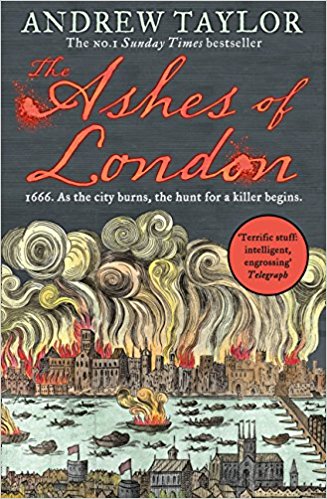 This has been on my list for ages. I'd seen so many recommendations that I had to give it a go. I've never read anything else by this author and this book is not part of a series. I'm really glad I read it. I thought I was going to struggle at first as it is set at the same time as the Susannah Gregory book I had just finished reading and it was disconcerting at first. Of course this is entirely down to me and nothing to do with the book or the writer. It was an easy book to read. Well written and really interesting, The details of the fire of London are fascinating and I felt as though I was being taken as close as is possible without a time machine, to the obliteration of London at that time. For this reason it is a book I will always remember reading. I think I would have enjoyed it more if I hadn't been expecting something different. The strap line on the cover: 'As the city burns, the hunt for a killer begins' made me think I was going to read a thriller-type novel but it was much slower than that. I would go as far as to say it was more of a character piece than a mystery. I was a little surprised to find out that the author is an experienced crime writer as it just wasn't the main focus of this book. Having said that, it had many excellent points and is a good, expertly-written piece of historical fiction. Writing this makes me wonder if I've had historical fiction overload! I'm used to hopping around more, from fantasy and sci-fi to crime etc but the lesson I am going to take away is this - read what makes you happy. It is not meant to be a chore. If you lose your mojo have a look around for a story which will bring it back because it's out there - that story and your reading mojo! I'm just glad that I have found mine.
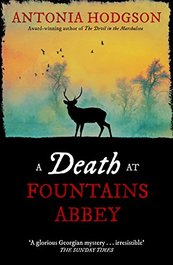 I love this book. I love the cover, the title, the period it is set in and I love the easy yet accomplished way in which the author tells a well-paced mystery. I should point out that this is the third in a series and that I read it without having read the first two. Fountains Abbey isn't too far from where I live, just north of Leeds in Ripon, and I've been there. It is wonderfully atmospheric and when I saw a book naming it in the title I just picked it up and bought it without knowing very much. I was in a hurry and, once I had established that it was a historical murder mystery, I was happy to give it a go. Thomas Hawkins is the man to whom it falls to investigate threats which have been made against a disgraced politician who has been forced to abandon public life following the South Sea fiasco which left hundreds ruined. He has an ulterior motive but I'll leave it to you to discover what that is. He is ably assisted by the feisty Kitty and a young boy. It is set at Studley Hall and Fountains Abbey in 1728, when the water gardens at the Abbey were being created by the family at the heart of the plot. (These gardens are now a World Heritage site administered by the National Trust.) The plot moves on at a good pace and drew me in from the start. In my opinion the book also benefits from not being too long. I've read a few books lately which run ON such that the pace suffers and my attention falters. However, at a tidy 344 pages, it is just about right. There is plenty of action, good characterisation, an interesting mystery and plenty of luscious period details. And it is all written in elegant prose which doesn't distract from the story. What more can you ask for? I will definitely be reading the preceding books. Now, where's that Christmas list gone? Some pieces from my Etsy store:
Today on the blog I am going to review two books that I have finished recently. The first one I knew nothing about before I began reading, the next is the second in the Lockwood & Co. series by Jonathan Stroud which I was confident I would like as I loved the first (The Screaming Staircase - read my review here: book-review-the-screaming-staircase-by-jonathan-stroud.html). 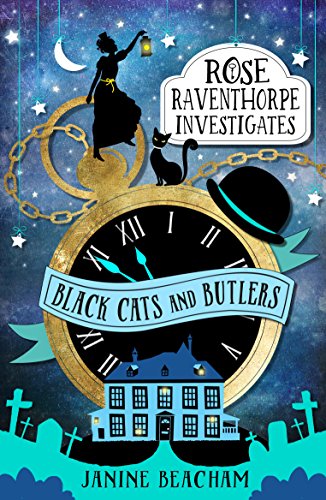 re So, let's turn to 'Rose Raventhorpe Investigates: Black Cats and Butlers' by Janine Beacham. It is the first in a series which is probably aimed at middle-grade readers. Not that I let that stop me, and I'm glad because I thoroughly enjoyed it and have been recommending it to anyone who I think will appreciate it. As the title suggests, the plot centers around a mystery - in fact it is a murder mystery with a few other elements to it. Someone is killing butlers and the main character, a young girl named Rose from a well-to do family, decides to investigate the matter herself when events relating to the matter cross her path. It is set in a fictional version of York in (I think) the nineteenth century. Rose and her friend Emily are fun characters and the butlers who they encounter during their investigations are quirky and engaging (who knew butlers were so good with swords?). The plot moves along at a lovely pace, which was a relief as I have read too many books lately which progressed so slowly I lost interest. Not so here. Each time I put it down I was impatient to return and, in the days before I had so many other demands on my time, I would have read it in a couple of sittings. The setting, fictional Yorke, was nicely gothic and the whole thing had just a spice of darkness to it. As I live close to York and have been many times (I have set one of my own stories there), I did find it a little confusing at the beginning as I wasn't sure whether it was meant to be real York or not, but once I decided that it wasn't (getting to the bit involving the Shambles which had clearly been renamed demonstrated that it was a mostly fictional place), I was able to move on and just use my knowledge of York to compliment the descriptions within the book. Overall, a fun and lively read which brought my imagination to life (and made me want to pop back to York!). I will definitely acquire the next in the series. 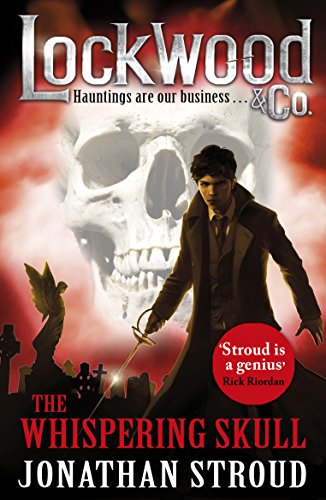 Now it's the turn of the second instalment in Jonathan Stroud's excellent series for children: Lockwood & Co.. It is called, 'The Whispering Skull' and it follows 'The Screaming Staircase'. Although Amazon places it in the same age bracket as Rose Raventhorpe (9-11), I have to say that Lockwood & Co. is likely to suit an older audience than Miss Raventhorpe. The prose and plot are more complex and the subject matter is darker (although Black Cats & Butlers is also quite dark). Stroud has chosen to write this series from the point of view of a member of Lockwood's team, rather than Lockwood himself. Her name is Lucy and she has a special talent in relation to ghosts. She is one member of a three person team (the others being Lockwood and George) who are teenage ghost specialists in a world where only children can hear and sense the many ghouls which comprise 'the Problem'. As with the first book, there is a mystery at the heart of the plot, namely who has stolen a dangerous relic and to what ends? However, for me, the book's great charm comes from the interactions between the team members. I really care about what happens to them. Each is strongly written and individual. There is mystery, humour, tension and action and a wonderfully murky atmosphere. Whilst it didn't quite engage me as much as the first one, it was a close run thing and I will be reading the third. The writing is wonderful - seemingly effortless yet of very high quality. I wish I knew how he does it! 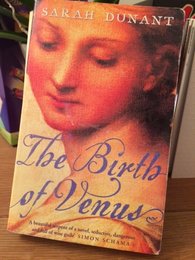 Today I am reviewing a book my mum passed to me about a year ago. I knew nothing about it at the time and so 'The Birth of Venus' sat on the shelf for a few months in the queue. Then I began to notice people on Twitter and so forth saying how good it was (even though it was published in 2003). Plus my mother has pretty good taste, so in November last year I decided to give it a go. I read the jacket and the testimonials and felt a quiver of excitement. I could see why Mum had been drawn to it and why she thought I might like it - it is set in Medici Florence and is steeped in beautiful art. Definitely my sort of read. Also, all the notable newspapers heap praise upon it, all the way down the back cover: a 'moving, gripping and impressive work' - Sunday Times, 'magnificent' - Daily Telegraph, 'Erotic and gripping' - Independent on Sunday and, in my opinion the worthiest of all praise from the Observer: 'As soon as I finished this book I wanted to go straight back and read it all over again.' I don't know if it was all the hype or the fact that the baby wasn't (still isn't) sleeping so my concentration was lacking but I had a couple of false starts where I struggled to get past the first two chapters. But all those recommendations nagged at me and so I persevered. In the end I got into it and finished about a month ago. I then postponed writing this review while I pondered. In the end I decided that the simplest thing is to be honest and say that I have mixed feelings about this book. It is supremely written. And I mean absolutely gorgeously written. Every sentence flows and weaves expertly, bringing Medici Florence to life in an incredibly accomplished and evocative manner. I could never hope to write something so beautifully. In this sense I totally agree with all the praise. Where I did struggle a little, however, was with the plot.
The heroine of the piece is a young Florentine girl, Alessandra Cecchi. She has a place in her family and within the structure of society but she is not fulfilled by it. She is intellectually hungry yet is constantly required to control her desire for knowledge, exploration, life and art. She is herself a talented raw artist with a level of ability which would have blossomed had she been given the encouragement and tuition of her male counterparts. This is her struggle. As the Medicis fall and Florence is plunged into dangerous chaos she must make difficult decisions and painful sacrifices yet she is young and naïve and these decisions have consequences that she does not foresee. These are intense and important themes and drew me in but I did find the pace slow at times. There isn't an obvious plot to pull the reader along, although the prologue does raise significant questions which helped to keep me reading. When I had finished the book I was glad that I had read it and it will stay with me for a while. If you like historical settings and are not looking for a page-turner of a plot, this is an exquisitely written intelligent work which should please.  Well it wasn't quite an Unexpected Journey but it was a long one - Florida and back for ten days with a nearly-four year old and a nine month old baby (and my husband, of course)... Amid all the preparations and the frankly terrible sleeping pattern of the babe, my blog and my writing life have been much neglected. But today both boys are in nursery and I've pulled out my papers and begun to plan a new project. I'm still struggling with the novel and am beginning to come around to the idea that it might never take flight so I've decided to take the plunge and try my hand at writing for radio. Not something I am familiar with and it is going to take a lot of hard work, but I have an idea that really excites me and I can't wait to get properly stuck in. I've been reading a book 'Writing for Radio: A Practical Guide' and I'm going to listen to as much as I can lay my ears on. In the meantime I have scoped out the characters, plot and themes so it's just a case of knocking it together now. Right?!? Before the holiday I dipped my toes into giving talks/workshops. I did two: one at the local library ('An Introduction to Creative Writing') and a talk at a retirement group in Swillington about writing, my ideas and my book. It was an interesting exercise and I am very grateful to Rothwell library and Elderberries in Swillington for letting me have a go and for making me feel welcome - especially you Elderberries!!
I've also been doing a reasonable amount of reading, although I have not been posting regular reviews. Since coming back from the NAWG conference at the beginning of September laden with books, I have a large 'to be read' pile and I will be spending a fair amount of time between now and Christmas reading and reviewing them. The NAWG conference at Warwick was as inspiring as ever - I returned with loads of ideas, so much motivation and with many new friends. I really do recommend the weekend as a wonderful place to attend workshops and meet other writers. It is so friendly and all the tutors are extremely approachable as a rule. For those unfamiliar with the organisation, it is the National Association of Writers Groups and they take individual members too (like me - it costs around £20 a year). The website is HERE and they run loads of competitions, some for non-members as well as members. Do check it out. The association also runs a retreat in May which I have never attended but am hoping to get to next year. In the meantime here are some of the books I have read recently:
|
Bernadette KeelingI love most types of fiction - crime, mystery, fantasy. Oh, and historical fiction of course and middle-grade books and, well, you get the picture. Subscribe for Blog updates via email:Categories
All
Archives
April 2019
Unique, handcrafted items for readers and writers:
|
B.M. Keeling
